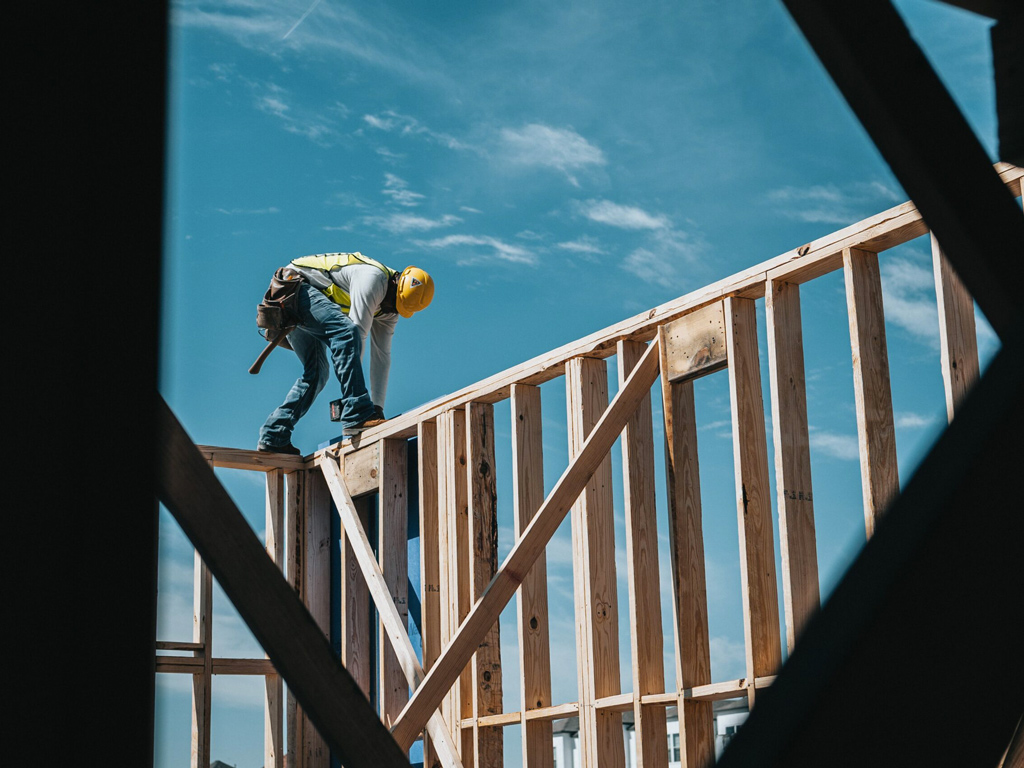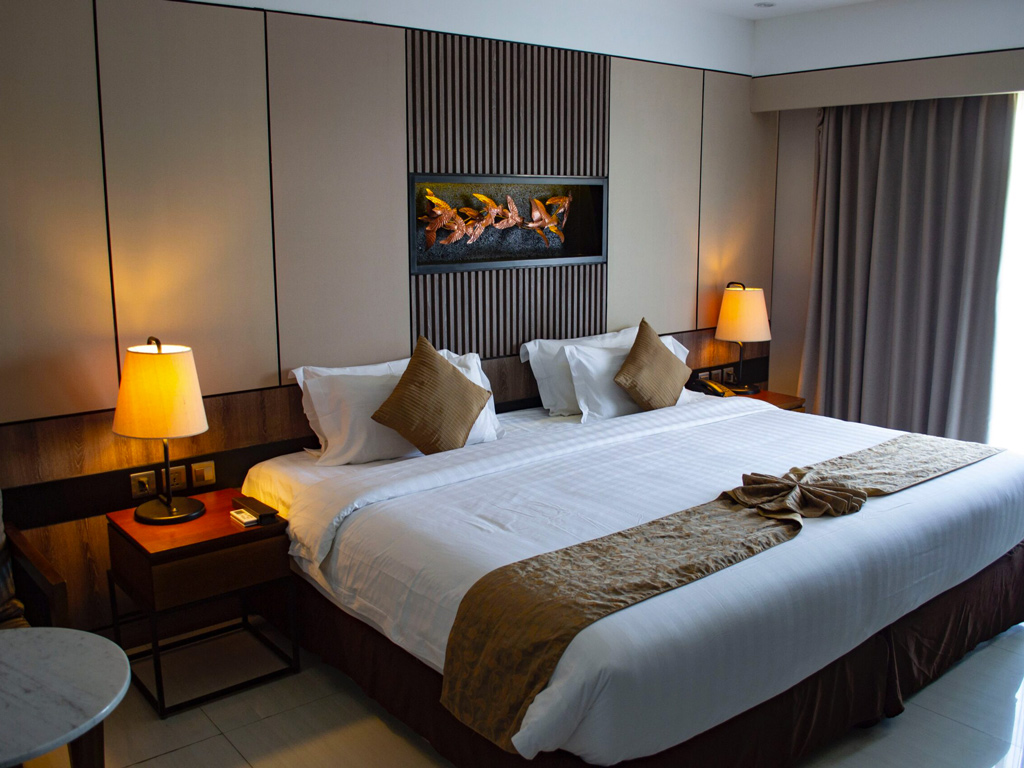
There are similarities between hotels and other commercial property developments, but the development process for hotels has unique and very specific characteristics that are not reflected in the available development frameworks. These unique characteristics require specific management expertise.
Hotels are usually ‘single-use’ properties, whose primary revenue is generated from a service-based industry; they have a market value directly related to their ability to generate future net income, by means of their operations. The essence of successful hotel property development lies in understanding these unique characteristics.

1) Idea / Inception
2) Idea refinement
3) Feasibility
4) Contract negotiations
5) Commitment point
6) Construction
7) Initiation of operations
8) Asset management over time.
The term ‘hotel development’ is often used generically to refer to either hotel property development or hotel business development, or to both simultaneously. Yet, these are two distinct concepts and should not be confused.
The term ‘hotel business development’ applies to the full spectrum of hotel business, from strategic or day-to-day operations to expanding the organisation’s market exposure. Hotel business expansion can be achieved by means of a wide variety of possibilities, such as organisational mergers, existing hotel property purchases, marketing, hotel facility renovations, hotel extensions and new-builds, marketing, branding and business repositioning.
It must be noted, however, that, when a hotel business is expanded by means of facilities renovation, extensions or new-builds, organisations venture into hotel property development.
"Though hotel business development and hotel property development are two separate entities, they often function as interconnected requirements in the full spectrum of hotel development. This would start with strategic business management at one end of the spectrum and would conclude at the other end with the final handing over of a newly-built hotel to the operator."
Hotels are highly complex real-estate projects involving risk-taking, and often consuming a prodigious amount of time, energy and capital. A combination of extreme uncertainty, an extensive, ever-shifting array of market segments and high expectations from the parties involved, frequently makes hotel development more exciting and challenging than other forms of real estate development.
A hotel is, in fact, an unusual type of business formula combining a form of real estate with an ongoing service-orientated business, and the successful developer would understand this essential ‘duality’ as both real estate and business.
The hotel market is extremely volatile. An analysis of 25 regional hotels in the United Kingdom over 20 years, encompassing two periods of recession (1981 and 1993) and two periods of peak performance (1990 and 1998), indicated sustained real growth in profitability. Trading profits are shown to have increased between 2.9 and 3.5 per cent in real terms over the 20-year period. However, despite this, there is evidence of short-term volatility in earnings performance (Graham, 2001).
The factors affecting the macro-economic environment have a direct, but delayed, impact on the hotel industry and business environments. This in turn influences hotel revenues and profitability, impacting negatively on the feasibility of hotel developments.
"When occupancies begin to decline, the average daily revenue (ADR) and revenue per available room (RevPAR), two key measures of market performance for the hotel industry, are threatened. "
Once ADR and RevPAR begin to fall, hotels typically lower their room rates in an attempt to recover lost revenue. Unfortunately, more often than not, this has a negative effect on profitability, rendering the market less attractive to investors.
1. Hotel business combines three essential components – real estate, hotel operation, and FFE (furniture, fittings and equipment).
2. Hotel operation is, in essence, a service-type business with an essential mix of tangible and intangible elements.
3. Hotel property development deals primarily with the tangible elements, but cannot successfully achieve its objective without a comprehensive understanding of the intangible service elements.
4. Hotel property development consists of 8 sequential phases (as mentioned in the above section).
5. Strategic hotel development is an integral aspect of establishing a successful hotel.
6. Clear development criteria and project objectives must be defined and implemented.
7. Project feasibility comprises not only the financial considerations, but also macro-environmental, physical, and market feasibilities.
8. Project financial feasibility comprises five primary considerations.
9. Total development cost includes five clearly-defined cost categories.
10. The project team is critical to establishing a successful hotel; hence selection of the correct members is crucial.
11. When appointing contractors to execute the work, serious consideration should be given to their capacity, experience, track- record and current workload, and then, finally, at their tender price, to perform the work successfully.
In essence, hotel development success requirements can be summarised as a combination of marketing, economics, location, enterprise, professional team, planning and design, and construction factors.
Follow us on LinkedIn or sign up to our newsletter to learn more about industry news and tips, and managing your hotel without the hassle of operating and still receiving competitive guaranteed returns.